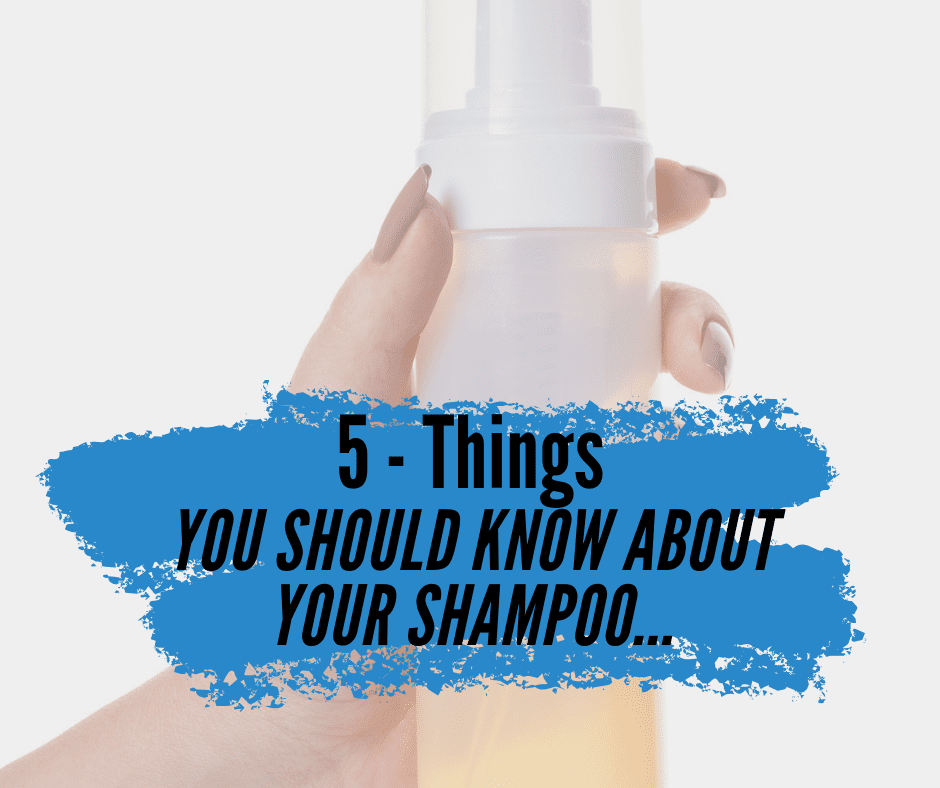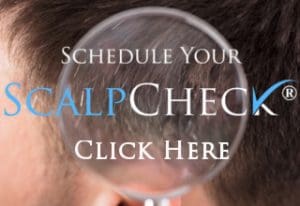There are hundreds if not thousands of options of shampoos available to consumers today. The fancy packaging, crafty marketing lingo and claims may give you the feeling that what you are using is right for your hair and scalp. But is it? Do you really know if your shampoo is helping, hurting or contributing to a hair or scalp issue? Here are 5 – things you should know about your shampoo:
1. Looks can be deceiving…
The back of the bottle is more important
The fancy packaging, crafty marketing words and claim on the front of the bottles may give you the feeling that what you are using is right for your hair and scalp. The key to the right shampoo is not how pretty the front of the bottle, It’s what inside, the ingredients, that makes all the difference to your hair and scalp!
2. How often matters…
You Should Be Shampooing Every Day
That’s right… every day! The key is every day with the RIGHT type of shampoo which should contain a mild detergent in it designed to help keep oil and hydration of the scalp and hair in a balanced state. If you feel your shampoo would dry your hair out if you used it each day, you have the wrong shampoo.
3. It’s $3 for a reason…
There Is A Reason It Is So Cheap
Ingredients, ingredients, ingredients! Shampoos that cost $3 contain ingredients that are either a majority of water (so you have to use more to get a result) or are inexpensive and ineffective. High quality ingredients make a world of difference for your hair and scalp.
4. How much is important…
Too Much Or Too Little Can Lead To Problems
More product is not always better. The more product you use the more it takes to rinse it out, and the greater likelihood of product buildup. Similarly, using too little of the product will not achieve the desired results. Oh, and don’t forget to emulsify the product in your hand before working into your hair.
5. Shampoo is not the cure-all…
It’s Only On Your Head for About 1-Minute
Shampoo is not designed to fix the root issues of dandruff, excessive scalp itch, oily hair, or hair loss and hair thinning. It can help with symptoms, but to really help lessen or eliminate these issues you need to discover the health of your hair and scalp.
Now, the real question is…how healthy is your scalp?


